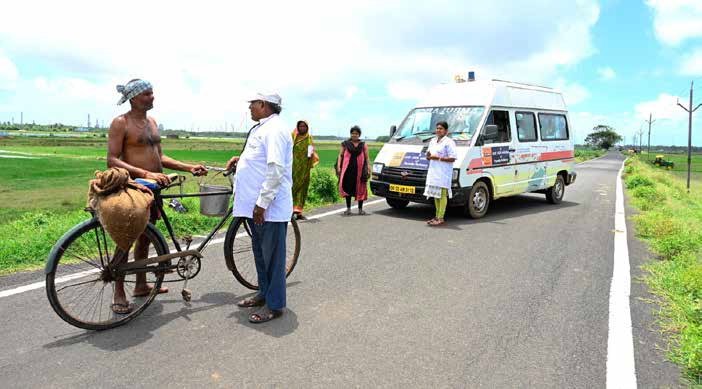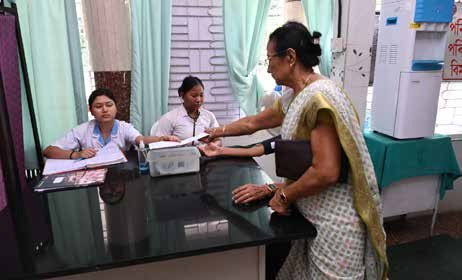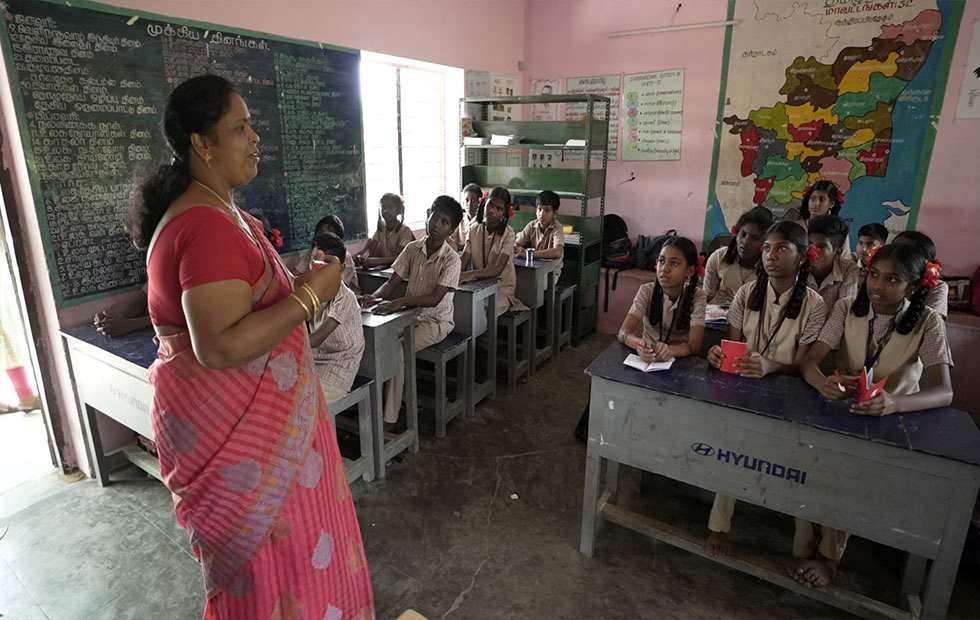
Corporate Social Responsibility (CSR) in India has evolved beyond philanthropic activities to become a strategic business approach. Among the critical areas receiving increasing attention is women’s safety, both in the workplace and within communities. Business houses are recognizing that ensuring the safety and empowerment of women is not just a moral obligation but also a key driver of social and economic progress.
Despite legal mandates like the Sexual Harassment of Women at Workplace (Prevention, Prohibition, and Redressal) Act, 2013, the reality is that many women still face challenges related to safety and security. CSR initiatives can play a pivotal role in bridging these gaps by implementing targeted safety programs, promoting awareness, and driving systemic change.

Some Notable CSR Initiatives for Women’s Safety
- Tata Power’s Abha Program Tata Power has implemented the Abha Program, which focuses on training women as community safety ambassadors. Through self-defense workshops, digital literacy training, and counseling sessions, the program empowers women to take charge of their safety and well-being.
- Hindustan Unilever’s Project Shakti While primarily a women empowerment initiative, Project Shakti has an embedded focus on safety. The company provides self-defense training to women entrepreneurs under the program, ensuring they feel secure while traveling to remote villages for business activities.
- Mahindra Group’s Safe Women Safe India Campaign The Mahindra Group launched its Safe Women Safe India Campaign to spread awareness about gender-based violence. Partnering with local NGOs and law enforcement agencies, the initiative promotes legal literacy and self-defense training among women.
- Infosys’ Anti-Sexual Harassment Measures Infosys has a robust internal complaint mechanism, with regular sensitization workshops under its CSR framework. The company also funds community-based gender sensitization programs, promoting safety beyond its office premises.

To further strengthen women’s safety, companies must collaborate with local governments, NGOs, and communities. Creating safe public spaces, enhancing street lighting, and establishing helplines are some measures that can be incorporated into CSR projects. Additionally, leveraging technology for real-time safety monitoring and digital awareness campaigns can drive impactful change.
As India progresses towards a more inclusive and equitable society, the role of CSR in ensuring women’s safety remains crucial. Business houses have the resources and influence to create safer environments, not only for their employees but for society at large. By prioritizing safety initiatives, companies contribute to a culture of respect, empowerment, and sustainable growth.
































